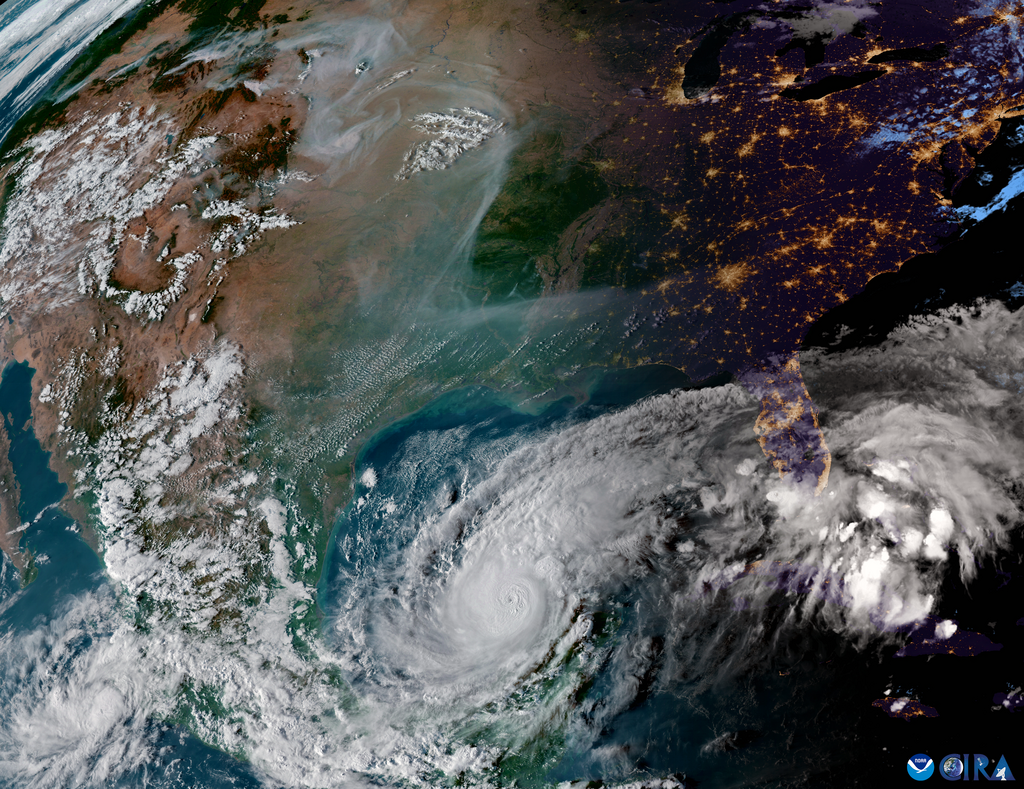Menu
Here is a synopsis of our Global Warming Narrative Intelligence brief.

This Global Warming narrative is driven by 278 sources in the U.S. Media module, amplifying 708 narrative items.
Today, our Narrative AI highlights the complexities and uncertainties surrounding climate change. These narratives critique exaggerated claims about its impacts, highlight the need for effective policies, and underscore the importance of accurate communication to combat misinformation and foster public understanding of climate science.
The discussion surrounding global warming is deeply intertwined with various demographic, social, economic, political, and military considerations.
Demographics: Regions vulnerable to climate change, such as coastal areas, face significant risks from rising sea levels, which can lead to displacement and increased migration.
Economics: The reliance on fossil fuels, particularly in rapidly industrializing nations like China and India, complicates efforts to reduce emissions while meeting energy demands. The potential economic benefits of AI and data centers must be weighed against their environmental impact, raising questions about sustainable development.
Politics: The debate over climate change often reflects broader ideological divides. Leaders like Donald Trump have downplayed the severity of climate issues, focusing instead on personal interests, which can hinder collective action. This political landscape affects national security, as climate change can exacerbate resource scarcity, leading to conflicts and instability, particularly in regions already facing socio-economic challenges.
Geography: The effects of climate change are not uniform; some areas may experience more severe impacts than others, influencing local economies and social structures. The controversy surrounding innovative solutions, such as the use of weather balloons to release sulfur dioxide, highlights the ongoing debate about the best approaches to mitigate climate change.
Media: Effective communication about climate science is crucial. Misinformation can skew public perception and policy responses, making it essential to engage the public through clear and creative messaging. The media's role in shaping narratives around climate events, such as hurricanes, can further complicate public understanding and response to climate change, emphasizing the need for a nuanced and informed discourse.
Our Kudzu Narrative Intelligence brief auto-updates every few hours with fresh analysis:
Note: Kudzu Narrative Intelligence briefs update every few hours. Very likely, the Narrative Analysis above will have changed as well.
Image Credit for Article Header: Cooperative Institute for Research in the Atmosphere at Colorado State University and the National Oceanic and Atmospheric Administration (CSU/CIRA & NOAA), Public domain, via Wikimedia Commons